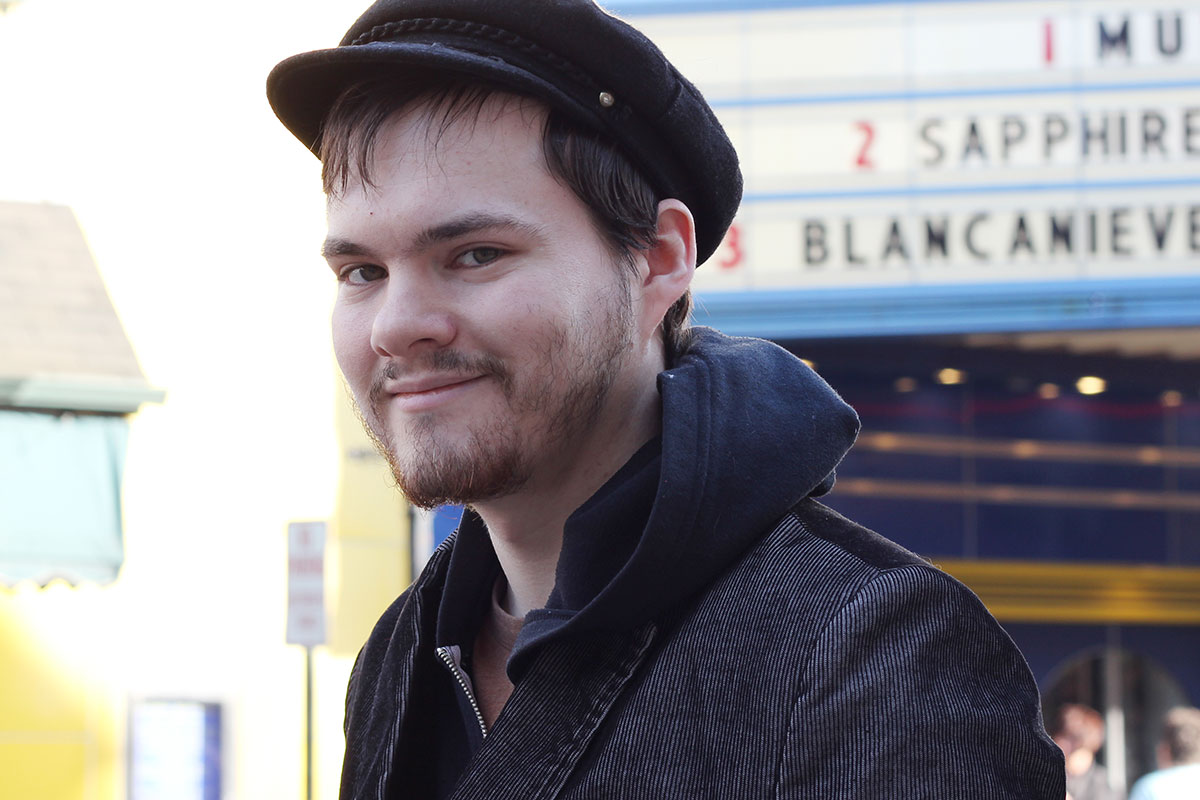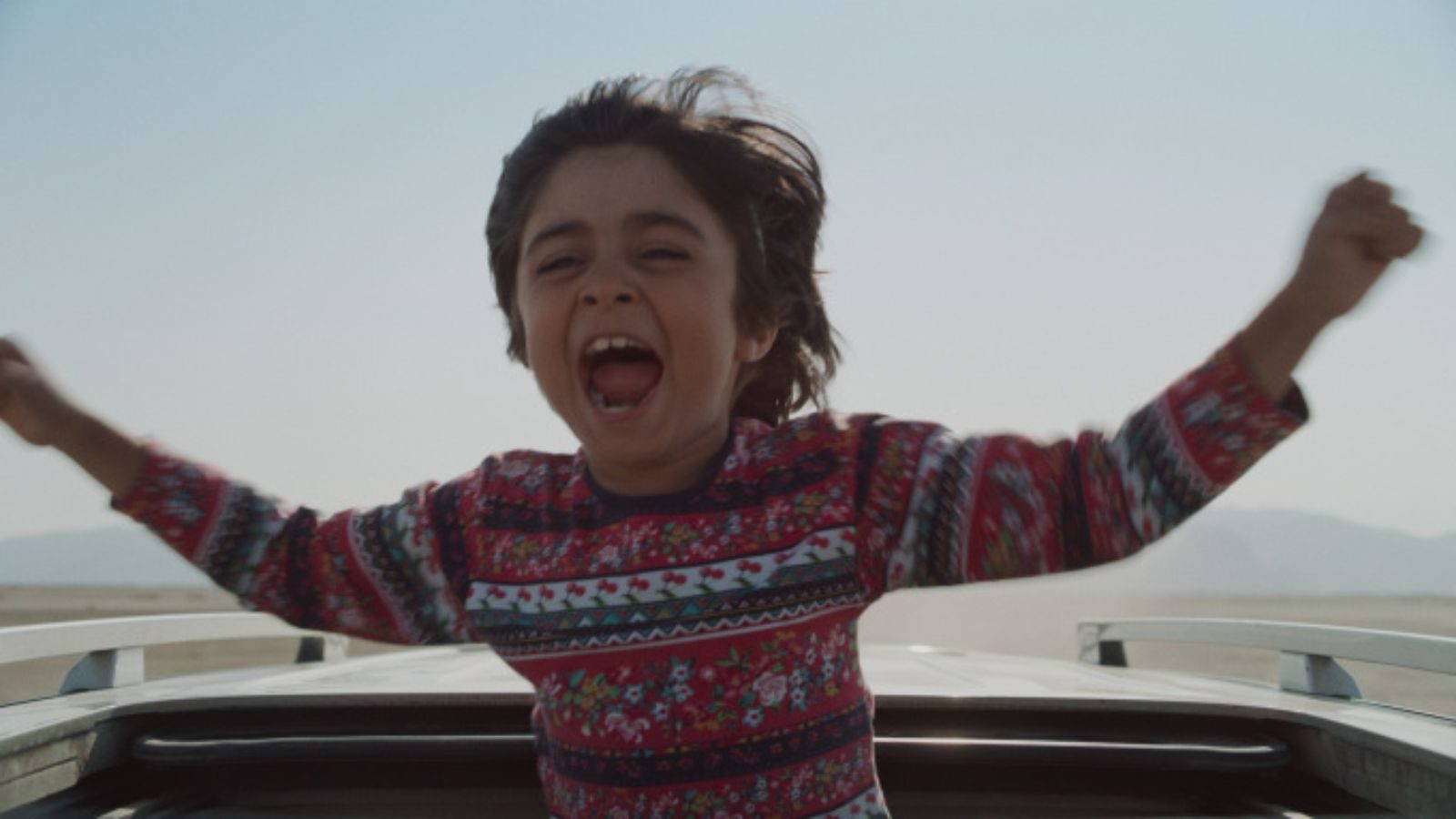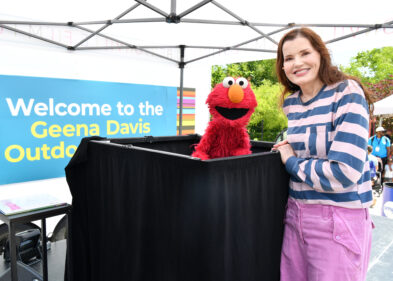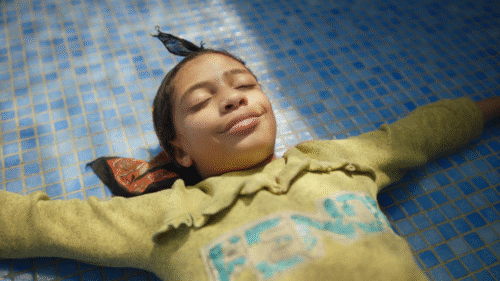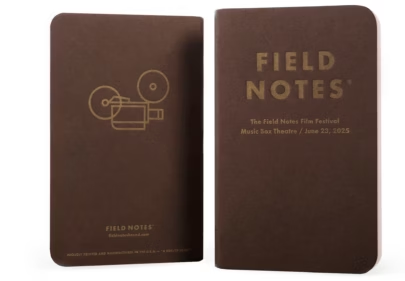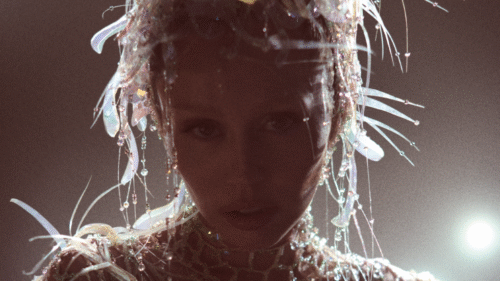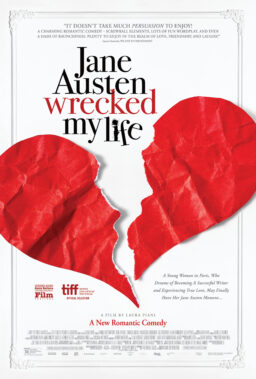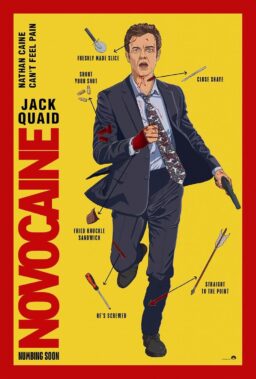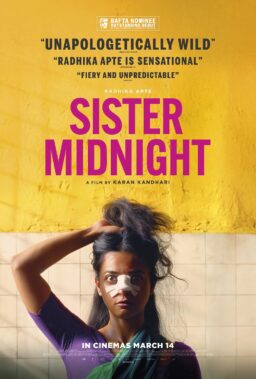The New York Film Festival is usually a livelier occasion for me. I go to the Walter Reade theatre and sort of nervously wait for the first screenings to open up so I can see old friends queue up and take their seats. There’s a crop of new movies to see, and they’re usually the vanguard of arthouse for the year. The first hint of the bite of fall air. It’s big, it feels big. This year I’m in my apartment alone. I’ve had a Covid scare after a week with fever so I’m not going to go down to the theatre and risk giving what I’ve got to my colleagues. I’ll miss the fun, but I’ll have to get over it. We’ve all had to adjust to disappointment. If that sounds like I’m leading somewhere else, you’re right. The dispiriting sameness of contemporary film has started to spread to the arthouse crop. Every movie exists now to make you remember another movie. It can be painful at times to watch movie after movie and not see a single new or original thought cross the mind of a director. Everything is streamlined and a lot of people have bought into the idea that the only place for a young filmmaker to hope to be is at the helm of a quadrillion dollar franchise as if a movie cannot be an end unto itself.
Something of a case in point emerged when I saw “Hit the Road,” the debut film from Jafar Panahi’s son Panah referred to, dispiritingly, as a “calling card” in a high-profile review. As if the son of the greatest living Iranian director is biding his time before he directs “Captain America 12” and he made a beautiful movie about someone fleeing their homeland to prove it. The whole of the apparatus needs a hard reset, because even in a film like “Hit the Road” there is interference from the outside world like static from a radio between counties; it feels like ‘culture’ has become dreary, unfeeling white noise. There’s talk of Batman, which feels so wrong, but accurately reflects the new sort of absurdity inherent in every tragedy. “Hit The Road” is about a young man (Amin Simiar) on a road trip with his mother (Pantea Panahiha), father (Hassan Madjooni), and younger brother (Rayan Sarlak). He’s leaving his Iranian hometown for a somewhat mysterious purpose, but it’s not hard to gather what happened, especially when you hear the work by exiled singers on the radio and knowing that Panahi’s spent the last ten years watching his father struggle to live and express himself under house arrest.
“Hit The Road” is a film that impresses relentlessly, each gesture, behavioral tic, and beautifully delivered line of dialogue coming at such a rapid clip that it’s something of a shock in hindsight that the movie isn’t cut like an early Godard film. How could so much joyousness fit in such an apparently laconic exercise? As the family nears its destination, the more outwardly beautiful things (Sarlak playing the piano drawn on Madjooni’s leg cast, a family sing-along, the sight of a chair moving through a field like the ship cresting a hill in “Lawrence of Arabia”) come to mock the pall of sadness that falls over the small party. Panahiha asks Simiar what his favorite movie is, and he balks at the idea of making small talk at a time like this but relents and says “2001: A Space Odyssey” anyway, which precedes Madjooni being magically cast into space during a monologue about his imagining real life impeding on his young son’s comic book fantasies. The graceful and sublime mingling with the dreadfully banal. It’s as simple as it gets, really, but the clarity and ingenuity with which each spark of imagination is delivered is astounding. Panahi is every bit the filmmaker his father is, and to see him pay tribute to his father and to Abbas Kiarostami, who gave Panahi Sr his start, will break you into small pieces if the movie hasn’t done so already.

I was similarly broken hearted by Kira Kovalenko’s “Unclenching the Fists,” which also pays homage to Kiarostami, a similarly tense study of a family being pulled apart. Ada (Milana Aguzarova) is the middle child of a lonely widower (Alik Karaev), and she wants out. Out of her family, out of her hometown, out of her cramped house, out of her unbearable life. Every day, she sits by the road out of town waiting for the return of her elder brother Akim (Soslan Khugaev). Her younger brother Dakko (Khetag Bibilov) is old enough to drive but young enough in his mind that he insists on sleeping next to Ada like she were his mother or a stuffed animal. Her boyfriend (Arsen Khetagurov) wants to take her virginity, but she’s embarrassed to be seen out of the house with anyone because her father also has a jealous fixation on her. He won’t let her leave the house most days and needs to know where she is all the time. Ada herself has unusual fixations too, and, when Akim returns home, there’s a sense of something deeper than sibling longing in their endless embraces.
“Unclenching The Fists” is steeped in its influences like a bitter tea, from its title, a reference to similarly incest-minded “Fists in the Pocket” by the great Marco Bellocchio (whose latest film plays at NYFF as well) to its final camcorder shot final image of two people on a motorcycle, culled in spirit and technique from the great Kiarostami (the film might be the first to be spoken in Ossetian, an Iranian dialect native to one sliver of the shadow of the Caucasus mountains). And yet its psychological and emotional effect feels so new and raw it’s like salting a wound you didn’t know you had acquired. Kovalenko fills the film with every metaphorical and formal iteration of here theme (the need to be someone and somewhere else) as a 90-minute movie can handle. There are the too-close compositions of every member of the family uncomfortably embracing out of desperate need; there’s the idea of a culture displaced and living in a predetermined exile; there’s the locked house which Ada wishes to flee, and the most touching and worrisome of all is that she carries around real and figurative scars from a terrorist action in her youth.
Kovalenko based this on a real incident, when Chechen separatists held hostages to demand recognition from Russia of their country’s autonomy. It ended with Russian tanks storming the sites and the ensuing fight killed 331 people and injured hundreds more. Ada is supposed to have been in those attacks and her body is still marked by the event from the plentiful visible wounds to the fact that she wears a diaper because she can’t control her bladder. This obviously codes her as suspended in her own childhood. Her terror of her father, her love/lust for Akim and her loveless relationship with her boyfriend place her in a mid-air freewill, that way adulthood, this way regression to the safety childhood. If she could remove one element of this triangle she could settle on an identity, but everyone around her gets something out of her confusion, and she wants or thinks she needs some of it. Kovalenko has done something exhaustingly rare and painted a portrait of someone at once steeped in storytelling language, myth, psychology real and adduced through culture, and she’s done it without ever straining for importance. Ada is important because she’s perfectly imagined; her very talented creator has painted her as a blur of motion and conflict, someone who would die for the right touch to mean the right things. I was enormously moved.

If I wasn’t as moved by “The Girl and the Spider,” the much belated and much appreciated return of Ramon and Silvan Zürcher (“The Strange Little Cat”) it’s because it’s after a much more modest response. The Zürchers only have two features and some shorts to their name but they’ve declared their uncommon interests and strengths with equally uncommon zeal. “The Girl and the Spider” is about a woman moving out of her apartment and the ruptures it causes in her relationships. Her mother is weirded out by her roommate, who is quite obviously jealous that she’s being left behind. The other roommates have to then contend with their situations changing. “The Strange Little Cat” was about a day in the life of a family saying goodbye to an old relative, each in their own way, and how life bursts through our facades in ways great and small. The same calm demeanors are permeated by unease and unspoken longings in “The Girl and the Spider,” signified by repeated shots of a jackhammer working on pavement outside the apartment. Its successes are in its rich tableaux of odd everyday living, from the drill, which brings to mind the work of documentarian Jürgen Böttcher, to a Styrofoam cup with a pencil stuck in it, to a woman naked except for a motorcycle helmet. Each lustrous tableaux is enough to justify the movie’s existence, and though it may lack the alien immediacy of their debut it’s a necessary kind of work. Very few people want to showcase human behavior like this (Jean Eustache did it, though more loquaciously) and the Zürcher’s do seem to be trying to break new ground through simple means, which is terribly exciting.
The reason I’ll never stop covering New York Film Festival is days like this, where I get to report that I’ve seen three of the best and most open-hearted movies of the year. Even in fear, in sickness, or isolated and upset, it makes one feel alive to reach your hand into the continuity of film art, so frequently a place with no life and no reward and feel a pulse in there.
